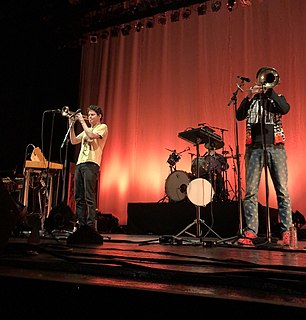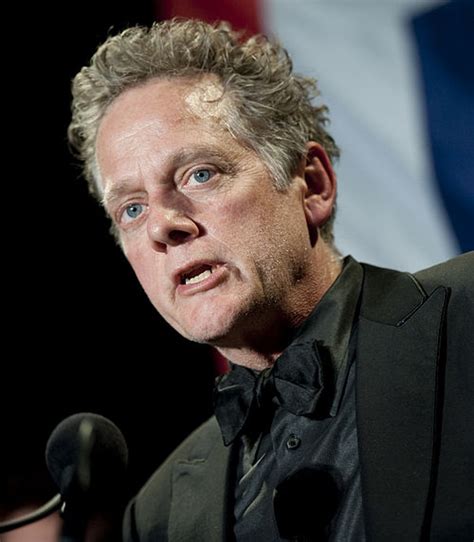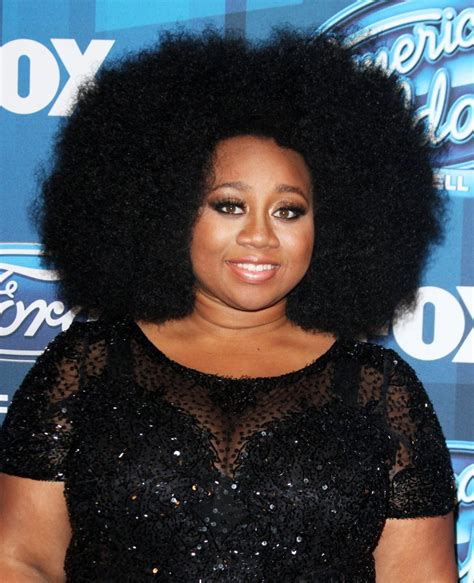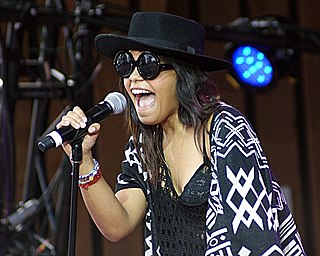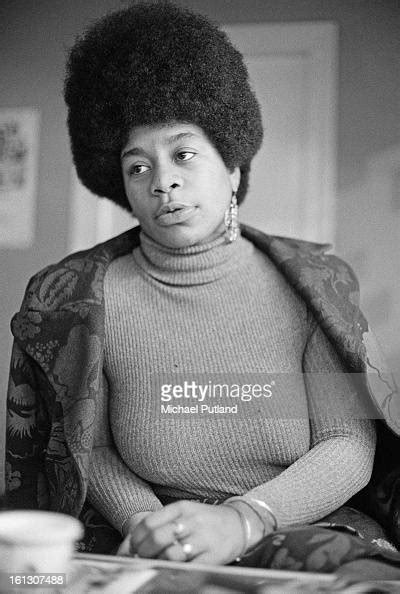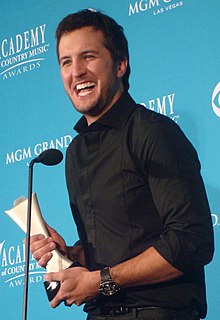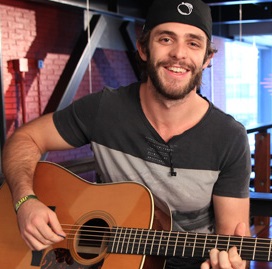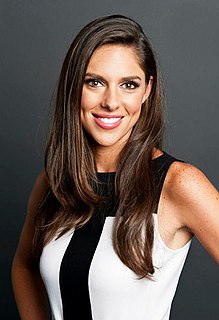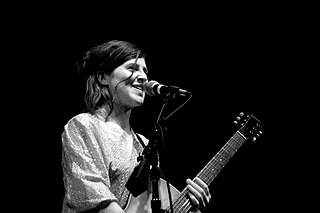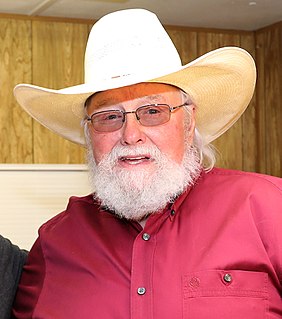A Quote by Zach Condon
If every element of the song doesn't come within the first hour of writing, then you're never going to get it - if that makes sense. It's kind of like you need to be in a mental state where everything is so reactionary that you don't double-think anything, and so if it's not immediate then it's probably not going to happen at all, and you should probably toss the song.
Related Quotes
When I first started writing songs, I was probably about ten or twelve years old, and the first thing you think as a songwriter is, 'Can this be a hit? Can this come out, and people are going to hear the song and like the song, and then they're going to like you, and you'll get famous and rich?' That hasn't changed a bit.
What is good is what it's going to lead to, like the song "Jai Ho." If good numbers are going to come in the future, it bodes well for a lot of things. But then, who's going to maintain that. That's the question. So far they could never lead to an Indian song, like a normal film song in this that they can relate to.
I have a notebook that I take with me everywhere. I free-write in it when there are situations that I know I can write a song about. I will just start writing everything that I can think of while trying to write some things that are kind of poetic or sound like they could be in a song. Then, after the music is written, I go back and look at my subjects to see which one I think woud go with what music. Then, I formulate it into a melody and get the song.
One of the things that really impressed me about Anna Karenina when I first read it was how Tolstoy sets you up to expect certain things to happen - and they don't. Everything is set up for you to think Anna is going to die in childbirth. She dreams it's going to happen, the doctor, Vronsky and Karenin think it's going to happen, and it's what should happen to an adulteress by the rules of a nineteenth-century novel. But then it doesn't happen. It's so fascinating to be left in that space, in a kind of free fall, where you have no idea what's going to happen.
I'm no longer beholden to the sacredness of the recorded song as some kind of ultimate standard by which every performance of the song is measured. I like to diversify, that there are multiple versions of every song. And the songs incorporate a lot of improvisation, and an element of chance, and I think that's exciting. There's no one true formulation of a song, they have various manifestations depending on the space we're in. I like that.
You're not going to hit it every single time, and that's why, when I record an album, I do probably close to 50 songs. Each song I record has to get better. If it's not better than the last song that I made, it'll usually linger for a couple of months, and then it'll be put on the backburner, and then there'll be another song that I do, and then it often doesn't make it on the album.
